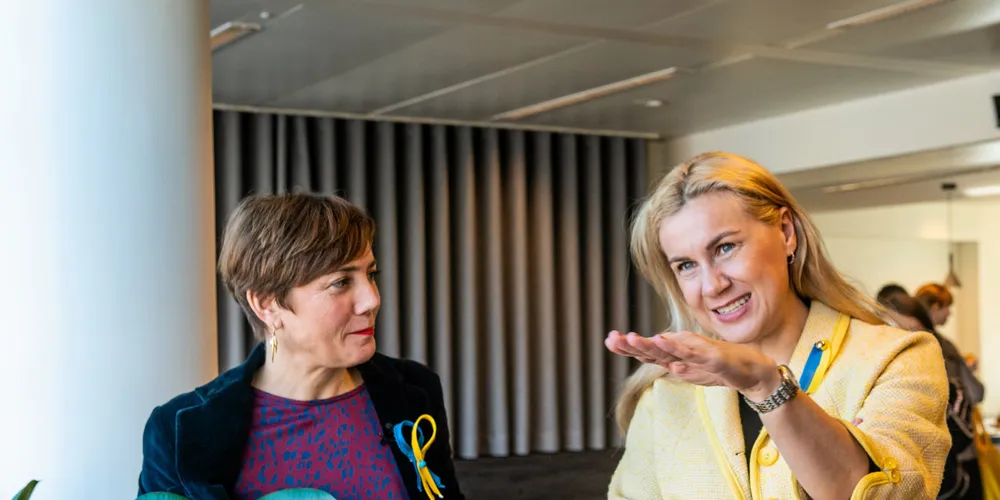EU aims for at least 42.5% renewable energy by 2030 in provisional deal
Negotiators of the bloc's governments and parliament also set sector targets and call for accelerated permitting

Negotiators of the bloc's governments and parliament also set sector targets and call for accelerated permitting
